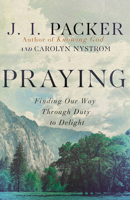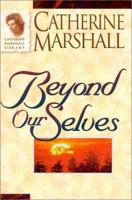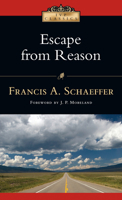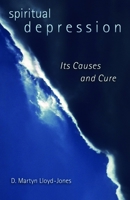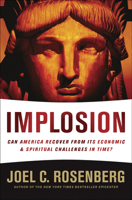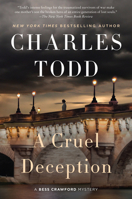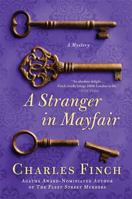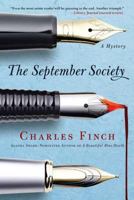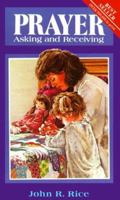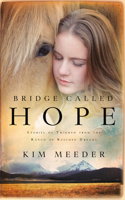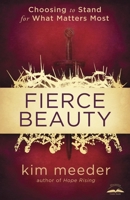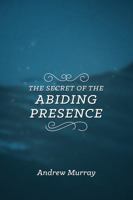Acid Alkaline Balance: The Missing Link to Health
Select Format
Select Condition 
You Might Also Enjoy
Book Overview
Would you like to have great health and resistance to disease, boundless energy and stamina and a positive and optimistic mood? Then, having a healthy acid-alkaline balance is essential for both your health and quality of life.
Written by Susan Richards, M.D., best selling author and one of the most renowned alternative medicine experts, this incredible guide to restoring your acid-alkaline balance will literally transform your health and the quality of your life. Dr. Richards have seen the importance of having a healthy acid-alkaline balance in many thousands of her patients and this has been researched and confirmed in thousands of medical studies.
In its natural, healthy state, the human body is slightly alkaline. Virtually all of our cells and tissues contain significant amounts of alkaline substances, such as minerals, oxygen, and bicarbonate. Our blood must maintain a state of slight alkalinity for our very survival.
Almost all of our crucial bodily functions-including immunity, digestion, and cardiovascular health-as well as most of our metabolic processes and enzyme reactions require a slightly alkaline internal environment. Both peak performance and optimal health depend on the body's ability to maintain a slightly alkaline state in virtually all of our cells and tissues.
In contrast, when your cells and tissues are overly acidic, you tire easily and are often fatigued. It becomes more difficult to think clearly. You are more likely to develop a pessimistic outlook on life. Overacidity decreases your resistance to many illnesses including infectious diseases, allergies, arthritis, autoimmune diseases, heart disease, high blood pressure and even cancer. You are also more likely to suffer from chronic fatigue and tiredness.
In her incredible book, Dr. Richards shares with you how to restore your body to a state of healthy acid-alkaline balance in which your cells, tissues and organ can maintain their natural, slightly alkaline state. This is a program that has benefited many thousands of her patients and has helped to restore them to optimal health and wellness.
This beneficial book is divided into two parts.
In Part 1, she focuses on how acid-alkaline balance affects health and wellness. She has included chapters on the chemistry of acid-alkaline balance and how this system functions within the body. Next, she discuss the effects of diet, lifestyle and aging have on acid alkaline balance. She then shares with you how acid-alkaline balance affects many common illnesses as well as crucial peak performance traits. This will help you to understand the important role that healthy acid-alkaline balance plays in our everyday lives. Finally, she provides you with simple self-tests as well as information on laboratory tests that your doctor can order that will give you an indication of your acid-alkaline balance.
In Part 2, she shares her very effective and powerful four-part program that will enable you to restore your body to its healthy, slightly alkaline state. You will benefit greatly from her program which includes:
1. Following the alkaline power diet.
2. Restoring the alkaline mineral reserves of your cells, tissues, and bones.
3. Using alkalinizing agents for quick symptom relief.
4. Initiating healthy lifestyle changes to reduce the stress on your buffer systems and organs of elimination.
As you begin to reduce the acid load of your body and restore your cells and tissues to their healthy state of alkalinity, you will experience astonishing improvement in your health and level of performance in many crucial areas. Your level of physical energy, mental clarity, emotional well-being, and even optimism and creativity will be enhanced as your body regains its healthful alkalinity. You will benefit greatly from the information in this incredible book.
Customer Reviews
Rated 4 starsInterestingly good read
I wholeheartedly recommend the Biology for Dummies book to everyday people or prospective students in the subject matter. It provides a good review of biology down to the cells and the beginning of life continuing to the inner workings of the human body. I admit that I have not completed the book yet. It can be complex such as the Krebs cycle but keeps me interested enough to want to know more. My boyfriend, a self-proclaimed...
0Report
Rated 4 starslove the "dummy" book style
I am enjoying this book very much. It's a good refresher for me, and I bet it would be a great study guide for begining bio majors!!
0Report
Rated 5 starsA good book for making biology easier.
I found this book easier to understand then my regular required college biology textbook. Chapters on evolution and ecosystems were very interesting to me. I also would reference this book when I came across a hard topic in my college bio textbook. Donna Rae Siegfried does a good job of explaining hard topics into simplier forms to understand. I also highly recommend The Ultimate Study Guide for Biology: Key Review Questions...
0Report
Rated 5 starsWow! Great review of core bio and chemistry concepts...
Donna does an awesome job of reviewing/explaining every concept from biology that I could think of. I took 2 bio college courses years ago and am going back to school and will be taking some advanced biology courses. I think I now understand the primary concepts better than I did while I was enrolled in the bio courses. I would recommend it.
0Report












